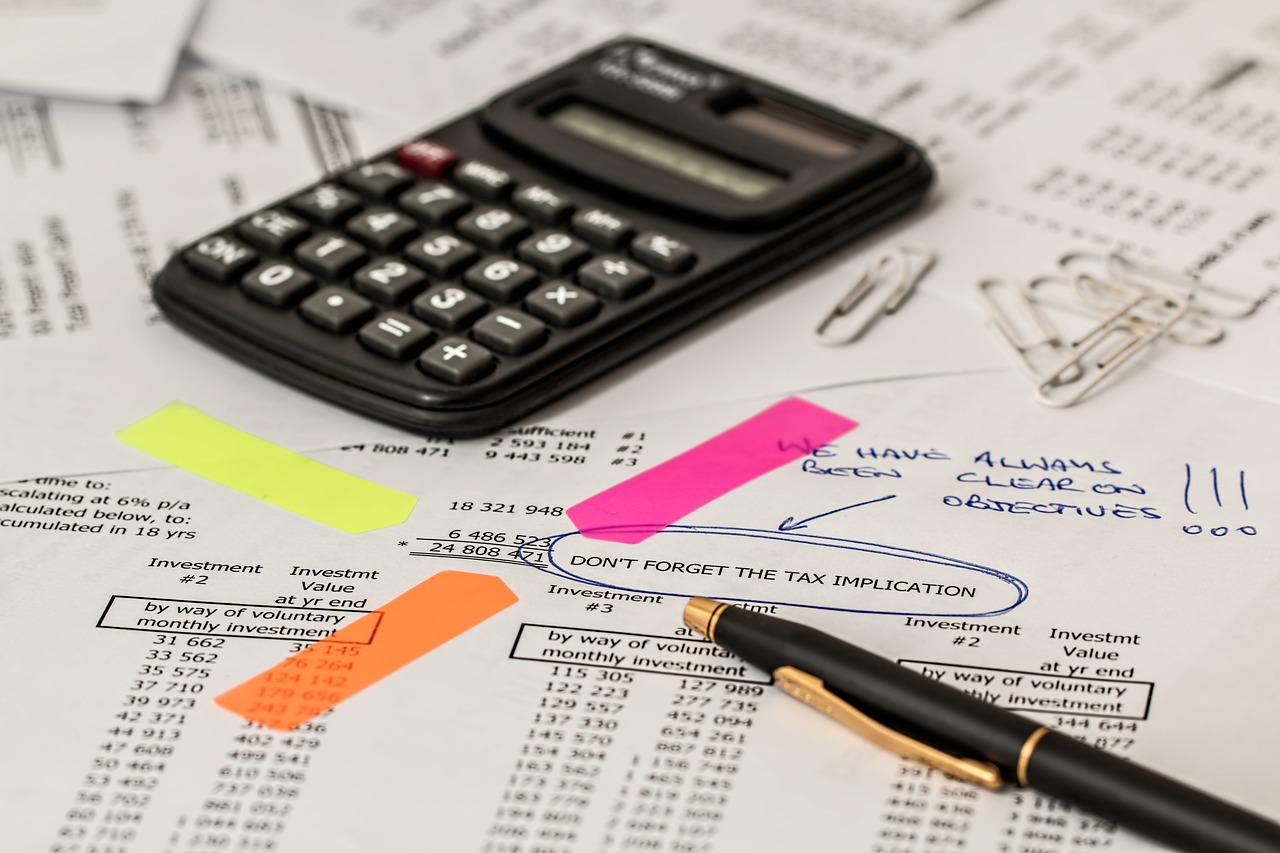Imagine you're on an epic road trip, and your car gets a little banged up. That's where insurance steps in to save the day, but here's the catch – you might need to pay a deductible first.
A deductible is like your entry ticket to the insurance party. It's the amount you agree to pay out of your own pocket before your insurance kicks in to cover the rest. Think of it as a shared responsibility between you and the insurance company.
Here's how it works: Let's say your car needs repairs after a fender bender, and the repair cost is ₹1,000. If your insurance policy has a deductible of say ₹500 , you'll pay that initial ₹500, and your insurance will cover the remaining ₹500. If the repairs cost less than your deductible, you'll foot the entire bill.
Now, why does this deductible thing exist? Two reasons
Preventing Small Claims
Deductibles prevent people from making numerous small claims for minor mishaps. It encourages responsible use of insurance and helps keep costs manageable for both you and the insurance company.
Sharing Risk
Insurance is about sharing risk. By having a deductible, you're showing you're willing to share a part of the financial burden. In return, the insurance company steps in to handle the bigger expenses.
Deductibles aren't set in stone – you usually have some flexibility. You can choose a to keep a deductible of your choice. For example, a higher deductible can lower your premium (the amount you pay for insurance), or you can keep a lower deductible for more immediate coverage when you need it.
Remember, the deductible's role varies between insurance types. For health insurance, it might be an annual amount before your coverage starts. For auto or home insurance, it applies to each claim.
So, whether it's a medical bill, a car repair, or fixing a leaky roof, think of the deductible as the financial co-pilot in your insurance journey. It's the amount you agree to handle upfront, ensuring you're a responsible participant in the insurance partnership.








